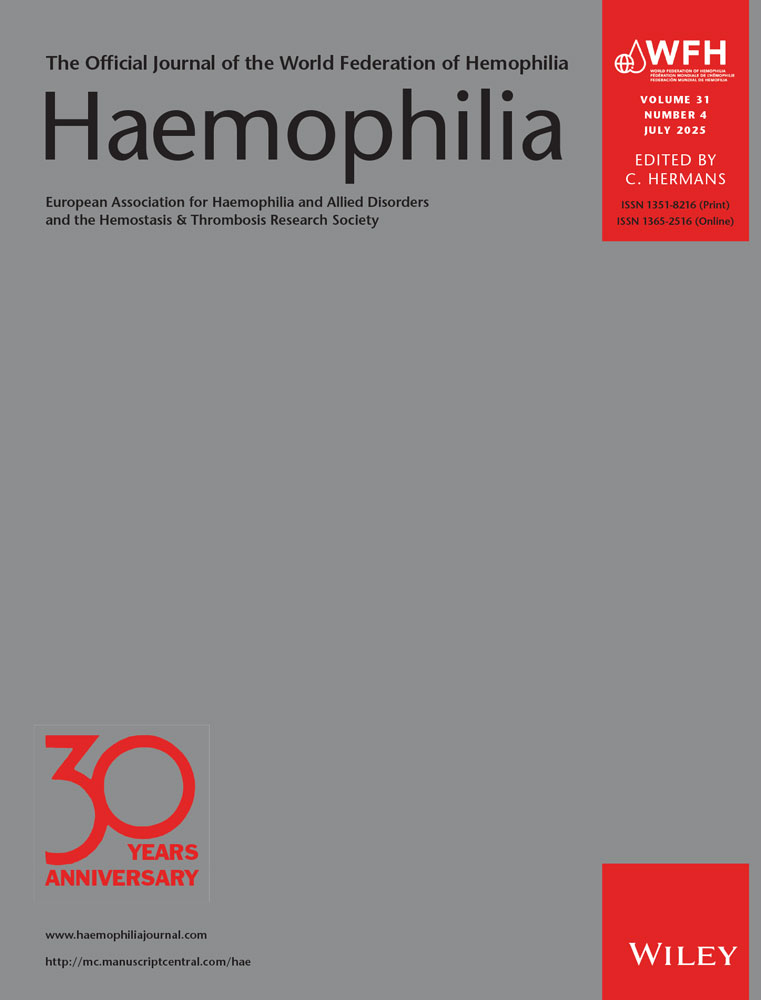Patient resources in the therapeutic education of haemophiliacs in France: their skills and roles as defined by consensus of a working group
Abstract
Summary. The activities of ‘expert patients’ or ‘patient tutors’, who help educate their peers, are gaining recognition in the health care system. This study investigates the role played by such patients in therapeutic education programmes organized by caregivers to validate the role of patients in implementing the therapeutic education of haemophilic patients and to define the skills required for such activities. This study employs the consensus methodology recommended by France’s National Authority for Health. The working group includes seven caregivers from Hemophiliac Treatment Centers (HTCs) and three patients from the French Association of Hemophiliacs (FAH). The role of patients in haemophilia education is recognized. Patients participating in the education of their peers are referred to as ‘patient resources’. A patient resource should be an adult, a volunteer and live in the same region as his peers. Candidates are chosen by the FAH and the HTCs to serve based on their motivation to facilitate the education of other patients as well as on their psychological and pedagogical aptitudes. A patient resource participates in the conception and administration of therapeutic education programmes. He also mediates between the caregivers and the patients. He ensures that the patients understand the material and are able to apply their knowledge in daily life. His activities are governed by professional ethics. Seven categories of skills were defined, permitting the group to determine precisely which skills are required to function as a patient resource. Supervision of the patients is planned to reinforce reflexive practices in the patients. Evolution of the health care system has led patients to become involved in therapeutic education. This phenomenon calls for a framework to be developed and an evaluation of its eventual effects.




